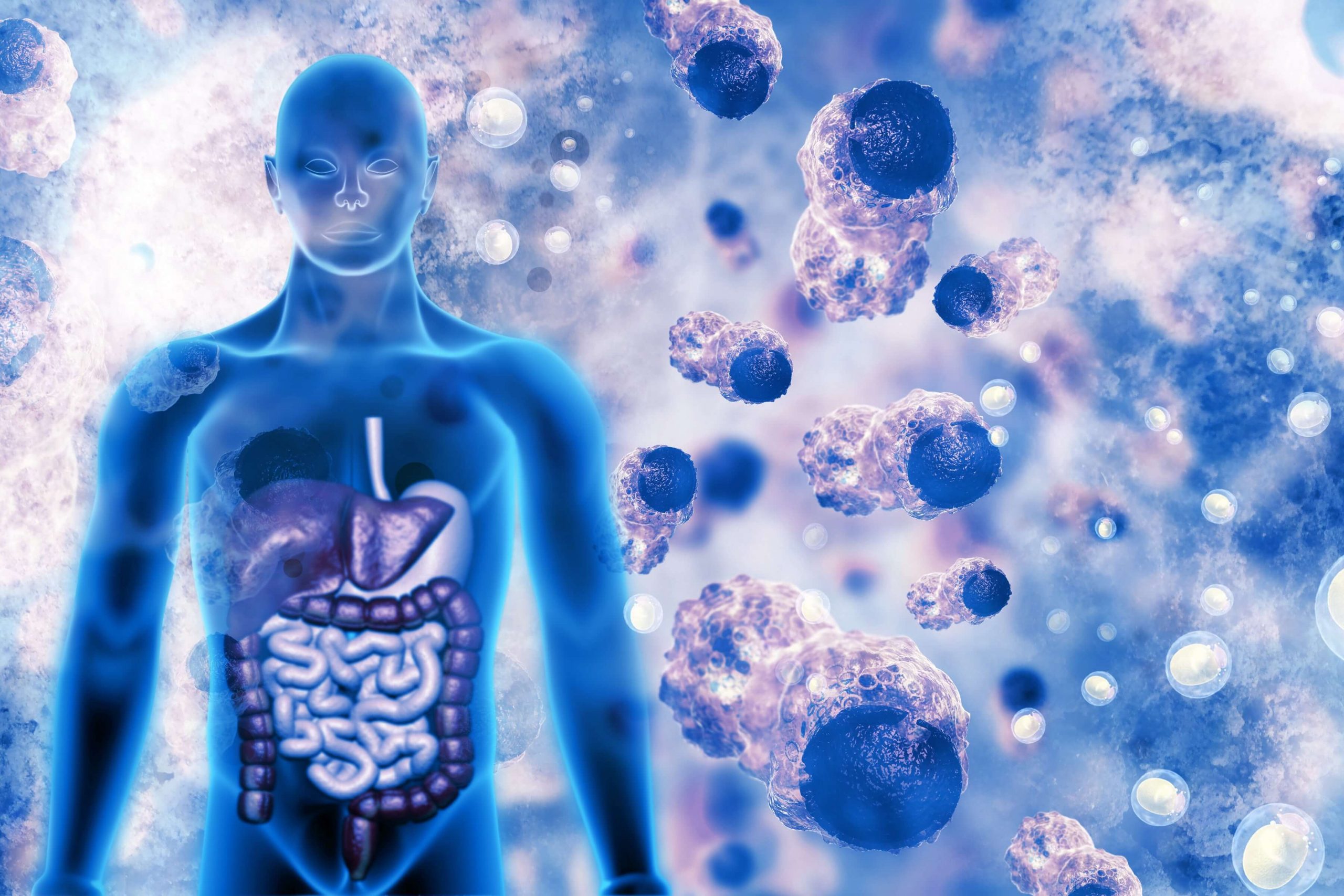Your body has a particular set of organic material it breaks down, and it responds to the material it can’t break down or use as a toxin. Toxins can accelerate the aging process, damage organs, and even cause disease. The body absorbs toxins in different ways; you can absorb toxins through the skin, ingest them by eating or drinking or inhale them through the lungs.
This article discusses four types of toxin in the body, what happens to your body when it identifies these toxins, and how to eliminate toxins healthily. With the increase of industry and consumer products on the market, most, if not all, of the population have been exposed to toxins. How do you keep safe in this type of environment? Continue reading to find out.
The Four Types of Toxins in the Body
There are four types of toxins in the body, and they all enter the body differently.
- Undigested Food Residue- Undigested food residue results from heavy or poor digestion. In this early stage, the toxins are non-reactive and don’t cause free-radicals to roam in the body. Some common symptoms of this toxin type are white coating on the tongue, bad breath, excessive mucus in the throat or nose, fatigue, lack of taste, and a heavy head.
- Reactive Undigested Food Residue– If undigested food residue ferments in the body, it creates acid and causes free radicals to thrive. When your body has high toxicity from reactive toxins, you may feel abnormally fatigued, constipation, or have unusual skin reactions. This toxin type is an endogenous toxin, which means it’s made within the body and depending on where the toxin resides, it can cause inflammation and different diseases.
- Environmental Toxins- Environmental toxins are not made within the body and accumulate in the environment. Examples of environmental toxins include water pollution, cigarette smoke, pesticides, and preservatives and chemicals in processed foods, aerosols from cleaning products. This toxin type is acidic by nature.
- Electromagnetic Frequency (EMF) and Electromagnetic Radiation (EMR)- EMF and EMR emanate from areas such as microwaves, cell phones, computers, WIFI, lightning, nuclear plant leaks, and others. EMF and EMR can both disrupt people’s nervous symptoms, and high doses of EMF and EMR are very toxic and can be life-threatening.
How Toxins Damage the Body
The following section describes the ways toxins damage our bodies.
Enzyme Processing- Our physiological processes depend on our body’s ability to process enzymes. Toxins disrupt the way our body breaks down enzymes. We need enzymes to manufacture molecules, produce energy, and create cell structures. When we have too many toxins in our body, they damage these enzyme processes and disrupt many bodily functions. For example, toxins in the body can interfere with hemoglobin production and lower the body’s ability to prevent free-radical damage that accelerates aging.
Toxins Weaken Bones- To live a long, happy life, you have to keep a healthy bone mass. Toxins can displace the calcium in bone and weaken skeletal structures. This displaced calcium also causes more toxins to circulate throughout the body.
Organ Damages- Toxins disrupt your body’s processes, and in turn, the organs that conduct those functions. Toxins are particularly damaging to the digestive tract, liver, and kidneys since those organs are most responsible for your body’s detoxification. Toxins in these organs can have a ripple effect; if they can’t detox, toxins build in the body and damage other areas.
Damaging DNA- Some toxins, such as benzene, which is in pesticides, phthalates, and improperly detoxified estrogens cause DNA damage. This type of DNA damage can expedite the aging process and cell degeneration.
Modified Gene Expression- Toxins can be catalysts for some genes to turn on or off. They can activate genes that were previously dormant or stifle gene expression.
Cell Membrane Damage- Signalling within cells occurs in the cell membrane. Because toxins cause damage to the cell membrane, they can disrupt signaling patterns. For example, a damaged cell membrane might not receive the message from insulin to absorb more sugar. Muscle cells might also not receive the news from magnesium that they need to relax.
Hormone Interference- Toxins inhibit, mimic, and block hormone production. For example, arsenic disrupts thyroid hormone receptors in the cells. This disruption blocks the message from thyroid hormones signaling to increase metabolism. This type of toxin interference results in unexplained and persistent fatigue that doesn’t improve with rest.
Detoxification Impairment- If ignored, toxins continue to build and impair the body’s detoxification response. This impairment can result in any of the effects previously discussed and can have a domino effect. The easiest way to avoid all of these adverse effects is by using a detox routine.
Toxins Absorbed by the Skin or Ingested
- Polluted or tainted water (lead and arsenic)
- PCBs polychlorinated biphenyls found in paints, plastics, and rubber products
- Heavy metals such as mercury, lead, cadmium
- Marijuana or excessive amounts of alcohol, prescription drugs, some pain medication, opioids, narcotics, and benzodiazepines
- Artificial food dyes and preservatives, including bromates, nitrates or nitrites (processed meats), MSG, red dye #40, artificial sweeteners that contain aspartame, saccharin, and sucralose
- Herbicides such as glyphosate (Roundup)
- Pesticides that have organochlorines and organophosphates
- Apples sprayed with diphenylamine
- Foods manufactured with plastic equipment or leaking plasticizers
Inhaled Toxins
- Air Pollutants from industrial or lifestyle situations
- Inhaling smoke from tobacco products, vaping inhalants, secondhand smoke, how gases that enter the lungs
- Automobile exhaust gases including carbon monoxide and carbon dioxide, small particulate matter from tailpipes
- Toxins from cleaning chemicals
- Asbestos
- Paint and solvent fumes
- Welding and soldering fumes
Ways to Avoid Toxins
The following list represents ways you can avoid exposing yourself to harmful chemicals and toxins. The more you can integrate these tips, the more likely you are to have improved detoxification systems in your body.
Change Your Diet: Eating organic food protects your body from harmful toxins present in many processed foods. It can also protect your body from foods sprayed with pesticides. Food labels often ignore toxins such as aflatoxins, arsenic, and cyanide. Research whether you’re buying food that may be exposed to harmful toxins, and avoid using aluminum and Teflon cookware. Eating more brassicas such as collard greens, kale, and cauliflower will all help boost your detox system.
Drink Plenty of Water- Dehydration is an easy way to hinder detoxification processes. The kidneys are one of the body’s primary detox center. If you neglect to flush them, you can make your detox process much slower. Drinking healthy amounts of water aids urine production and flushes your kidneys of toxins regularly.
Take Your Vitamins- Supporting your immune system with vitamins (such as those found in blood pressure 911)is an easy way to boost your body’s detoxification response. Taking a turmeric supplement for its anti-inflammatory properties, fish oil supplements for omega-3s, and daily vitamins such as vitamins A, C, and D are all advisable precautionary measures to boost your immune system and your detoxification system.
Keep Your Body Clean by Regularly Detoxing
Increased industrialization, higher population density, more automobiles, and other factors all expose us to large amounts of toxins. However, just because you’re exposed to toxins doesn’t mean you have to let them fester in your body unchecked. By adhering to a supplement regimen and making dietary changes, you can improve your body’s detoxification response and keep your body clean!
Also Read:Gastric sleeve



